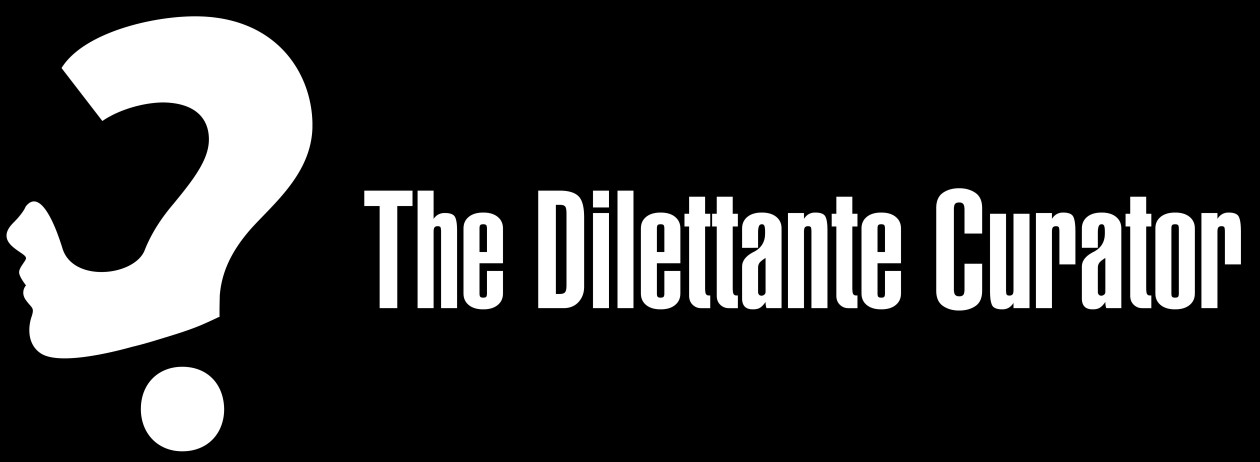Careers and the Paradox of Choice
Medicine, engineering or accountancy. These were the desirable education choices available when we completed high school. Career options weren’t very wide after business school either: banking, consumer goods marketing, or information technology.
Today, GenZ have it so much better – they could be DJs, fashion designers, professional social workers, social media mavens, film directors, musicians, environmental activists. Join a start-up and create the next killer app. Name it and there is an opportunity to make a living. After all, Zuckerberg did it. Add to it the ethos of these youngsters. They believe they can achieve anything they set their minds to. Their worldview tells them they should seek happiness by only doing what they enjoy. “Choose a job you love, and you will never have to work a day in your life.”
Having many options and opportunities should make one happy and contented.
Really?
Psychologist Barry Schwartz wrote this book in 2004: The Paradox of Choice: Why More Is Less. I urge you to see his excellent TED Talks video. Simply put, he argues that too much choice often results in paralysis and inaction. Further, the decision taken leads to unhappiness about lost opportunities – regret for the options not chosen.
Coming back to our youngsters who are in the throes of the so-called “quarter-life crisis”. Is it really possible to find a job that one is good at, that one also loves doing, and which pays well too? The job that is better than anything else that one could find? Importantly, stay that way every day for the next several decades?
I submit that a job is just what it is: a job. Much of it is routine – a constant, daily chipping away in order to meet larger organizational or personal goals. Keep at it and get better at chipping away. Eventually, responsibilities increase and there are bigger things to chip away at. Along the way, there will be depressing times when things don’t go well and one wonders what the point of it all is. There are also the high points – achievement, recognition, success. But for the most time, one cannot avoid the routine. And yes, it pays the bills.
Would it be different for a rock-star guitarist, for example? Likely not. Many hours of repetitive practice every day, overcoming pre-concert nerves, constantly dealing with possibly high-strung band-mates, worrying if the next composition is going to be a chart-topper, living with the downsides of celebrity – no privacy, no normal social life. Of course, he/she would be rewarded handsomely, is surely very gifted, and is ecstatic with the audience’s reaction to the performance. And probably does not regret not taking to banking as a career.
Schwartz talks of maximizers and satisficers. Maximizers constantly look for the best option and always wonder if there is something better out there. Satisficers, on the other hand, set criteria of acceptability and go with choices that meet that standard. Research shows that satisficers tend to be happier, and their choices are not necessarily of worse quality than those of the maximizers.
So, what does one say to the post-millennials?
Do not lose your ideals and your ambitions. But remember the realities of life. Career and success are important but equally so are satisfaction, contentment and happiness. Do not rue the paths not taken. Chase dreams, not butterflies. And remember you can always change your job if you really, really hate it.
How did I deal with it? I wouldn’t have gotten into med school anyway, I’m not good at math and accounting bored me. No choices, therefore, no angst. And voila, no paradox!
Related links:
http://www.wsj.com/articles/how-you-make-decisions-says-a-lot-about-how-happy-you-are-1412614997
http://citeseerx.ist.psu.edu/viewdoc/download?doi=10.1.1.86.2448&rep=rep1&type=pdf

